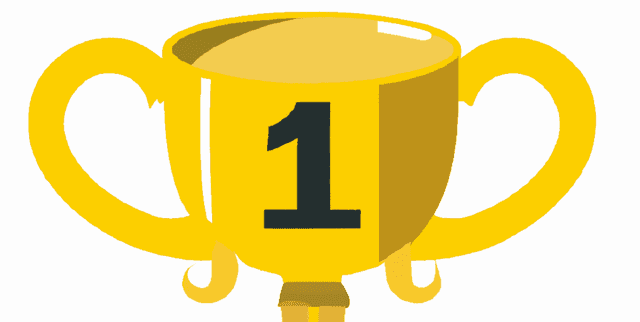Kaggle Competition Insights Dataset
Data Science and Analytics
Tags and Keywords
Trusted By




"No reviews yet"
Free
About
This dataset provides insights into machine learning methods used in Kaggle competition winning solutions. It was compiled using OpenAI models and content from the Kaggle Solutions website. The primary purpose of this dataset is to facilitate the analysis of techniques and strategies that contribute to success in Kaggle competitions. It offers a valuable resource for understanding the practical application of various machine learning approaches in a competitive data science environment.
Columns
- link: A direct URL to the detailed solution description for each entry. It contains 1,262 unique URLs.
- place: Represents the final ranking achieved in the competition, ranging from 1st to 59th place. The average placement is 14.
- competition_name: The name of the Kaggle competition associated with the solution. There are 190 unique competition names, with "Human Protein Atlas - Single Cell Classification" being a common example.
- prize: Indicates the monetary prize awarded for the competition. This column lists 38 unique prize values, with '$25,000' being the most frequent.
- team: The total number of teams that participated in the competition. It includes 185 unique team counts.
- kind: Categorises the type of competition, such as 'Featured' or 'Research'. 'Featured' competitions make up the majority of entries (61%).
- metric: Describes the evaluation metric used in the competition. There are 83 unique metrics, though some entries are undefined. Approximately 4% of entries are missing this information.
- year: The year the competition took place, spanning from 2013 to 2023.
- nm: A numerical identifier derived from the discussion link, used for merging datasets. Values range from 4,726 to 407,000, with an average value of approximately 214,000.
- writeup: Contains the full text of the competition solution writeup. There are 1,261 distinct writeups included.
- num_tokens: The number of GPT tokens present in each solution writeup. Values vary from 39 to 8,480 tokens, with an average of around 1,350 tokens.
- methods: A detailed list of granular machine learning methods applied in the solution. This column holds 1,261 unique lists of methods.
- cleaned_methods: A refined and simplified list of the primary methods employed in the solution. It lists 7,285 unique cleaned method sets, with "Ensemble Methods" appearing as a common choice.
Distribution
The dataset is provided as a CSV file, named
kaggle_winning_solutions_methods.csv, and is approximately 72.4 MB in size. It comprises 13 distinct columns and contains 13,200 individual records or rows.Usage
This dataset is ideal for:
- Analysing winning strategies: Delve into the specific machine learning methods and techniques that have led to success in Kaggle competitions.
- Researching competitive data science: Understand trends in algorithm usage, feature engineering, and ensemble methods over time.
- Learning from top performers: Study actual solution writeups to gain practical insights into problem-solving approaches.
- Developing new models: Inform the design of new machine learning models by observing past successful implementations.
Coverage
The dataset covers Kaggle competitions held between 2013 and 2023. It focuses on the methodologies and outcomes of winning solutions, without specific geographic or demographic segmentation, as Kaggle competitions are global in nature.
License
CC BY-NC-SA 4.0
Who Can Use It
- Machine Learning Engineers: To refine their model building and problem-solving skills.
- Data Scientists: To explore effective strategies for various data challenges.
- Kaggle Competitors: To benchmark their approaches against winning solutions and identify areas for improvement.
- Academic Researchers: For studies on the evolution of machine learning techniques in applied contexts.
- Educators: To provide real-world examples of successful data science projects.
Dataset Name Suggestions
- Kaggle Winning Solutions Methods
- Kaggle Competition Insights Dataset
- Machine Learning Competition Strategies
- Winning Kaggle Algorithms
- Kaggle Solutions Methodologies
Attributes
Original Data Source: Kaggle Competition Insights Dataset
Loading...
